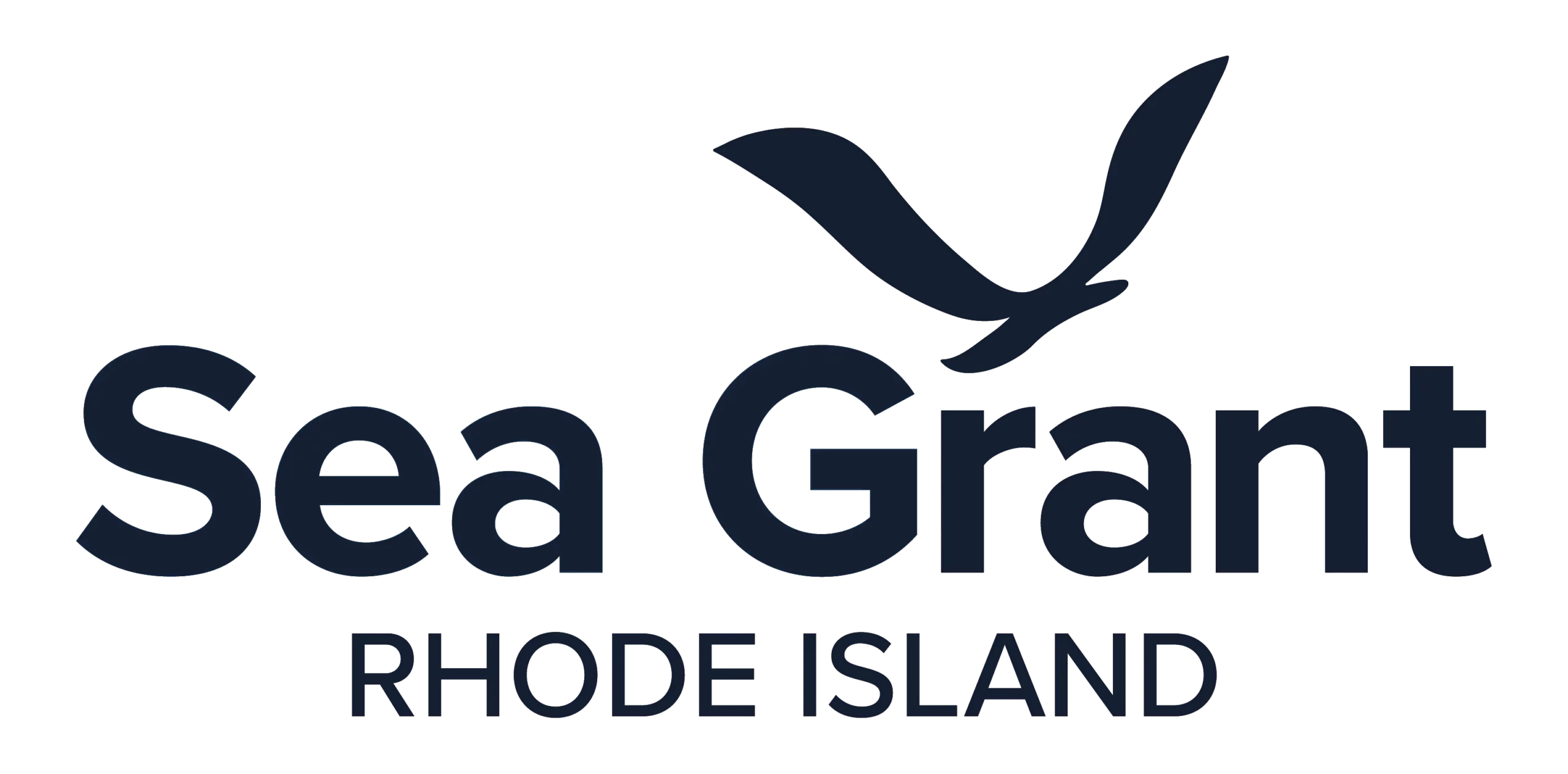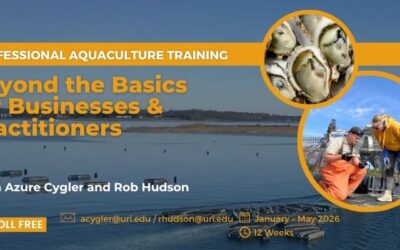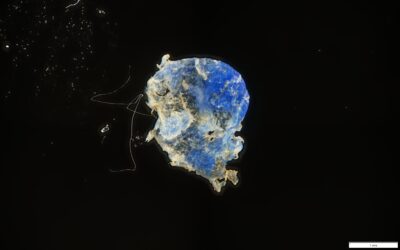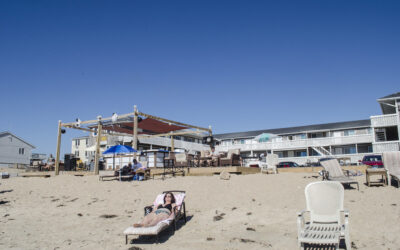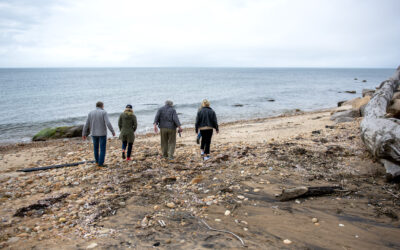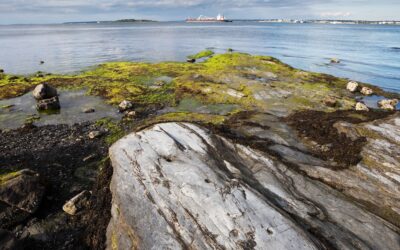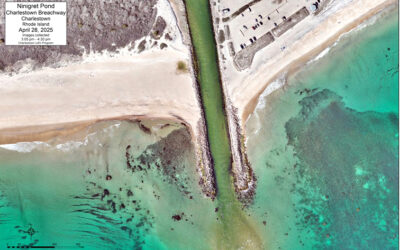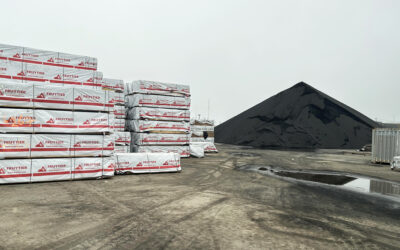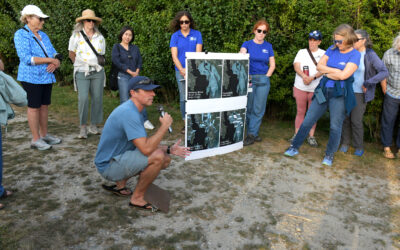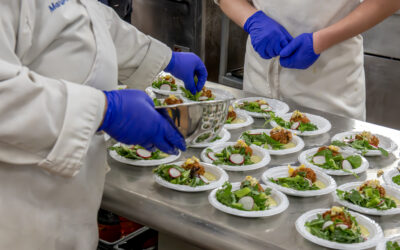News
Latest News
events
Latest News
Tell Us You’re Interested: 2026 Aquaculture Training Course for Businesses and Practitioners
Rhode Island Sea Grant and the University of Rhode Island Coastal Resources Center are gearing up for the next session of the Professional...
Microplastic Hot Spots in Narragansett Bay Driven by Urban Runoff and Wind, New Study Finds
New Sea Grant-funded research shows microplastics concentrate in northern Narragansett Bay, driven by river runoff, wind, and seasons—providing insights that could shape smarter pollution management.
Innovation, Environmental Stewardship Drive RI’s Blue Economy
Rhode Island’s blue economy businesses are working to be resilient to change while protecting the ocean and coastal environments they depend on.
Artificial Reef Model Shows Promise for Reducing Erosion on Block Island
A URI study shows an artificial reef could cut wave energy by 85% and erosion by 70% at Crescent Beach, helping protect Block Island’s fragile link. Supported by RI Sea Grant, the work guides nature-based solutions for coastal resilience.
Seaweed May Be a Hidden Host for Bacteria, Study Finds
New research supported by Rhode Island Sea Grant found that opportunistic and fast-growing species of macroalgae, like sea lettuce found in Narragansett Bay, may harbor higher concentrations of potentially pathogenic Vibrio bacteria.
Update on the Charlestown Breachway Restoration Project – May 20, 2025
In late 2023 and early 2024, a series of storms caused severe erosion, reducing the elevation of the Charlestown Breachway. As a result, water...
Resilient Ports: Climate Research Project Offers Tools for Flood Resilience in RI, Maine
Floods and storms are threats to all coastal communities, and port communities are even more vulnerable. The materials ports house can be...
Tailoring Shoreline Access: Legal Tools for a Coast in Motion
A new Rhode Island Sea Grant-supported report explores how communities can respond with legal tools tailored to local conditions—from setbacks and rolling easements to property buyouts and SAMPs–to ensure shoreline access amid sea level changes and erosion.
East Providence High School Team Wins 2025 RI High School Seafood Cook-Off
East Providence High wins 2025 RI Seafood Cook-Off with scup dish; winning recipe to be featured at Hemenway’s Restaurant in Providence.
